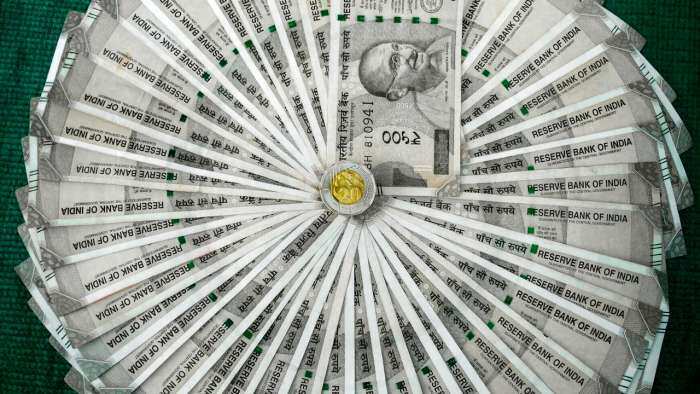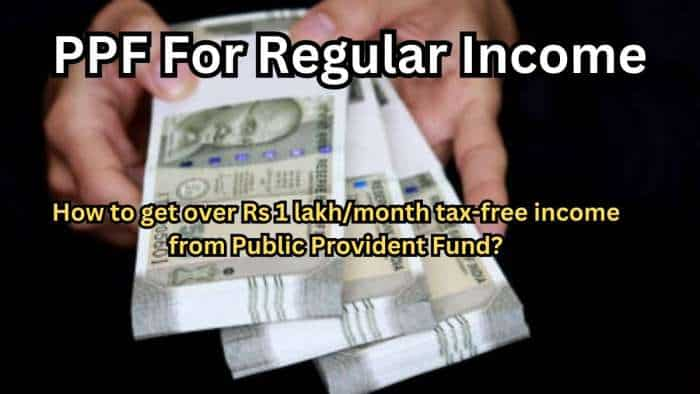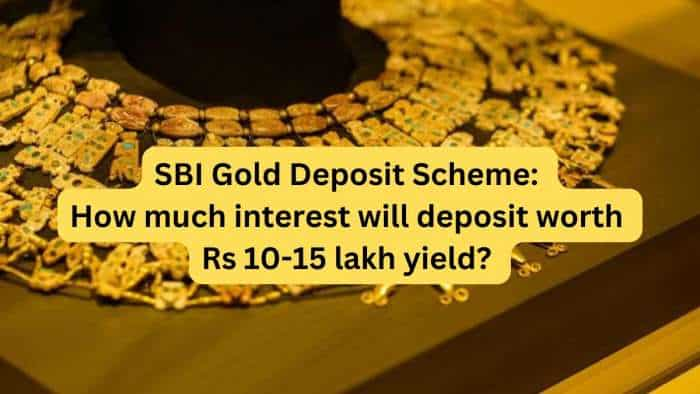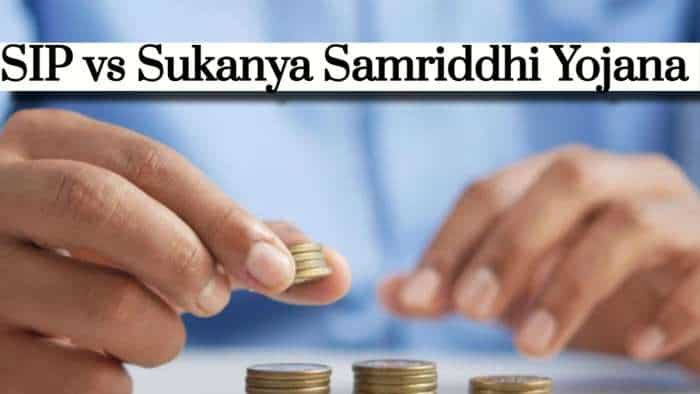NPS withdrawal rules for members joining after 60 years: Now withdraw full pension fund without purchasing annuity under 'this' condition, says PFRDA
As per the regulatory mandate, there are certain predefined conditions, which fulfil the norms of exit viz premature exit, normal exit, and exit due to the unfortunate death of the subscriber.

The Pension Fund Regulatory and Development Authority (PFRDA) has issued new National Pension System (NPS) withdrawal rules for senior citizens over 60 years of age. It has allowed withdrawing the entire accumulated pension fund without purchasing annuity if the pension corpus is less than equal to Rs 5 lakh during the normal exit, which is after the completion of three years.
In a circular issued recently, the PFRDA said that the exit and withdrawal norms of the subscribers are defined by PFRDA (Exits and Withdrawals under NPS) Regulations, 2015 and its amendments. As per the regulatory mandate, there are certain predefined conditions, which fulfil the norms of exit viz premature exit, normal exit, and exit due to the unfortunate death of the subscriber.
It further mentioned that the provisions of exit regulations require the subscribers during exit, to utilize a certain percentage up to which their corpus can be withdrawn as lump sum and the balance is to be utilised to buy annuity from the Annuity Service Providers (ASP) empaneled by PFRDA.
There are certain instances wherein the corpus in the PRAN paid to the subscriber or the beneficiary by way of lump sum without mandating them to buy annuity. However, there is no restriction for any subscriber to buy annuity from the corpus partly or fully.
Subscribers, who joined NPS beyond 60 years of age, should understand that the exit before three years will be treated as premature exit and those withdrawals beyond three years is the normal exit. For premature exit, the permissible limit for a lump sum is Rs 2.5 lakh and Rs 5 lakh under normal exit without the need for annuitisation. In case of the unfortunate death of subscribers, the entire corpus will be paid to the nominee/legal heirs, as per the circular.
So, subscriber, who is investing in NPS between 60 and 70 years of age, should know the following norms, details for lump sum payment of corpus.
Premature Exit: When a subscriber exits before completing three years, it is a premature exit. In such a case, if the corpus is equal to or below Rs 2.5 lakh, the entire lump sum amount is payable. However, if the corpus is higher than Rs 2.5 lakh, then at least 80 per cent of the accumulated pension wealth has to be utilised to purchase an annuity providing monthly pension to the subscriber. The balance of 20 per cent is payable as a lump sum to the subscriber.
Normal exit: When a subscriber exits after completion of three years, it is a normal exit. In such a case, the lump sum withdrawal is allowed if the corpus is equal to or below Rs 5 lakh. However, if the corpus is more than Rs 5 lakh. In that case, at least 40 per cent of the accumulated pension wealth has to be utilized to purchase an annuity providing for monthly pension to the subscriber. The balance of 60 per cent is payable as a lump sum to the subscriber.
See Zee Business Live TV Streaming Below:
Unfortunate death of subscriber: If the subscriber dies, then the entire accumulated pension wealth of the subscriber is paid to the nominee or legal heirs.
Get Latest Business News, Stock Market Updates and Videos; Check your tax outgo through Income Tax Calculator and save money through our Personal Finance coverage. Check Business Breaking News Live on Zee Business Twitter and Facebook. Subscribe on YouTube.
RECOMMENDED STORIES

SIP Calculation at 12% Annualised Return: Rs 10,000 monthly SIP for 20 years, Rs 15,000 for 15 or Rs 20,000 for 10, which do you think works best?

FD Rates for Rs 10 lakh investment: Compare SBI, PNB, HDFC, ICICI, and Post Office 5-year fixed deposit returns

LIC Saral Pension Plan: How much should you invest one time to get Rs 64,000 annual pension for life?

SIP Calculation at 12% Annualised Return: Rs 1,000 monthly SIP for 20 years, Rs 4,000 for 5 years or Rs 10,000 for 2 years, which do you think works best?

UPS vs NPS vs OPS: Last-drawn basic salary Rs 90,000 and pensionable service 27 years? What can be your monthly pension in each scheme?

Monthly Pension Calculations: Is your basic pension Rs 26,000, Rs 38,000, or Rs 47,000? Know what can be your total pension as per latest DR rates
05:03 PM IST











 NPS Systematic Lump Sum Withdrawal (SLW): How these NPS options can increase your withdrawal amount by 70% and monthly pension by 22%; see expert calculations
NPS Systematic Lump Sum Withdrawal (SLW): How these NPS options can increase your withdrawal amount by 70% and monthly pension by 22%; see expert calculations NPS withdrawal rules: In case of pre-mature exit, will my pension start immediately? Check here
NPS withdrawal rules: In case of pre-mature exit, will my pension start immediately? Check here